Cornwall and COVID-19: Dying for a Holiday?

Tourism is a significant contributor to Cornwall's economy, accounting for one in five jobs. The industry had already suffered a loss of an estimated £300 million in Easter revenue due to the lockdown. Without the resumption of the tourist season, the county was projected to lose an additional £2.4 billion in revenue. Therefore, it would have been reasonable to expect that residents of Cornwall would have welcomed the lifting of the lockdown in early July.
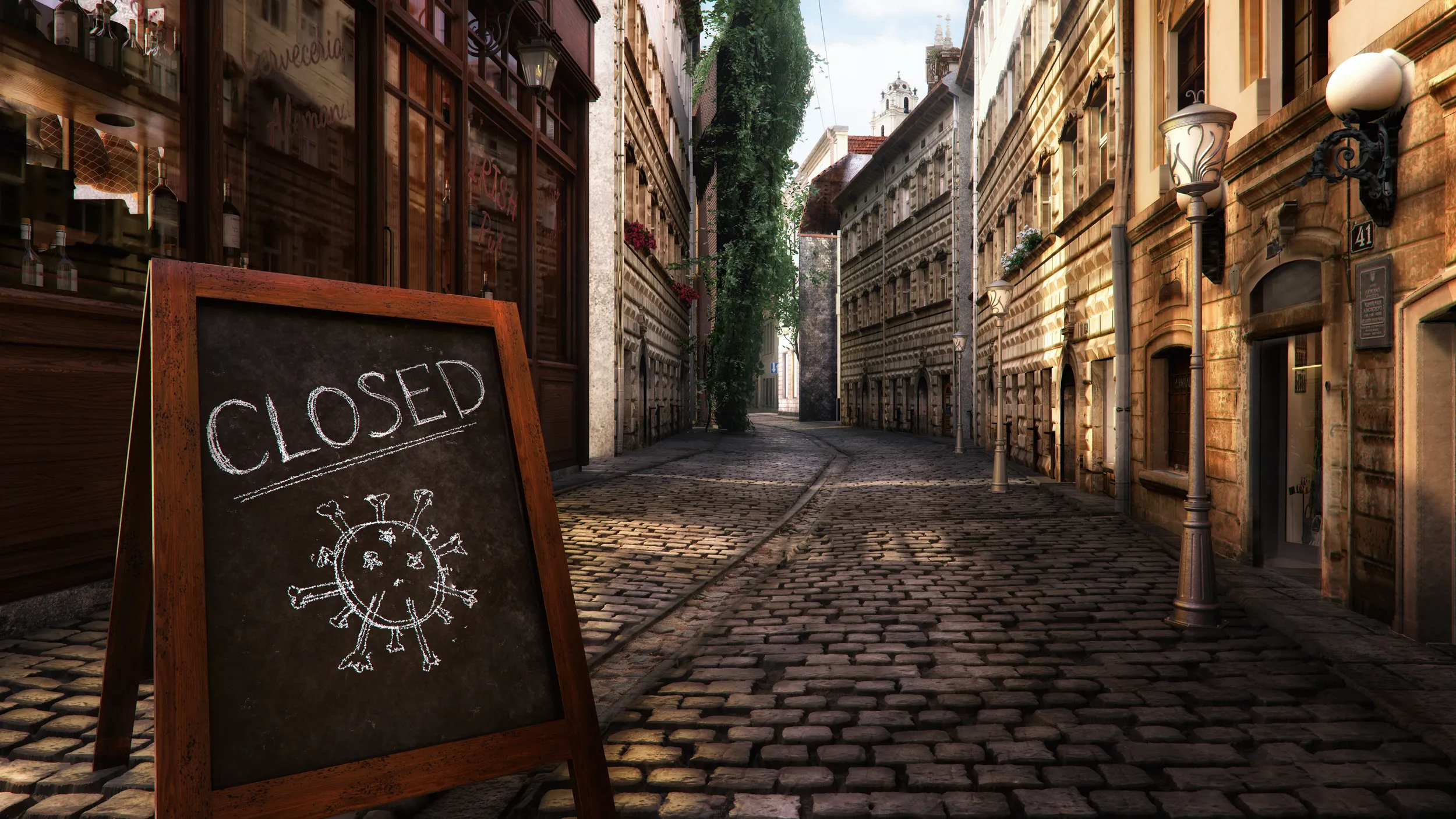
The lifting of the lockdown did not receive unanimous approval from Cornwall residents.
Upon reflection, it is not difficult to understand why. Cornwall had been relatively spared from the worst impacts of the pandemic, with lower infection rates. Nonetheless, local residents felt vulnerable to infection for two reasons:
- There is only one hospital equipped to handle severe cases in Truro, with a total of only 18 intensive care (ICU) beds for the entire county.
- The county has an ageing demographic, many of whom had been advised to shield at home.
As a result, local residents were apprehensive about the potential introduction of the virus into the county through an influx of visitors from areas with higher infection rates. Locals were alarmed by images of day visitors crowding onto beaches in places like Bournemouth. This behaviour, which local residents believed increased their health risks, further fueled their concerns.
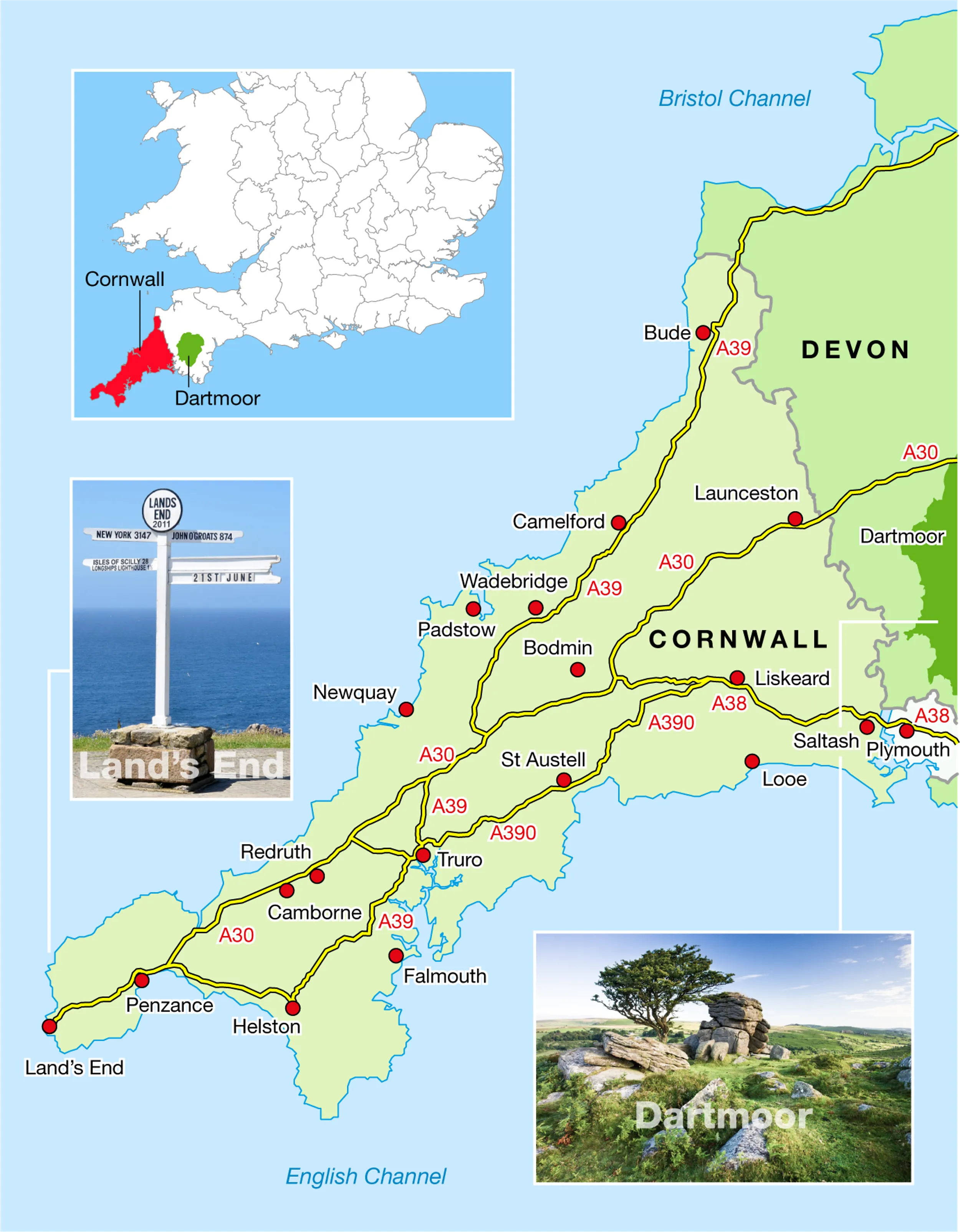
While one in five jobs depends on tourism, the majority of residents, comprising four in five, are not directly reliant on this industry. Moreover, with a significant number of retired individuals in the county, there is a sizable majority for whom tourism is seen as more of a curse than a blessing, even in normal times.
Subsequently, the arrival of visitors only confirmed the concerns of locals, with complaints including:
- Lack of social distancing.
- Lack of face coverings.
- Visitors congregating in large groups, directly contravening government advice.
- Visitors seemingly disregard the risk of infection.
Media reports quoted locals as being "too scared to go out," feeling "forced back into shielding," and keeping their children away from the beaches and other areas of the town. Some even expressed their animosity towards tourists.
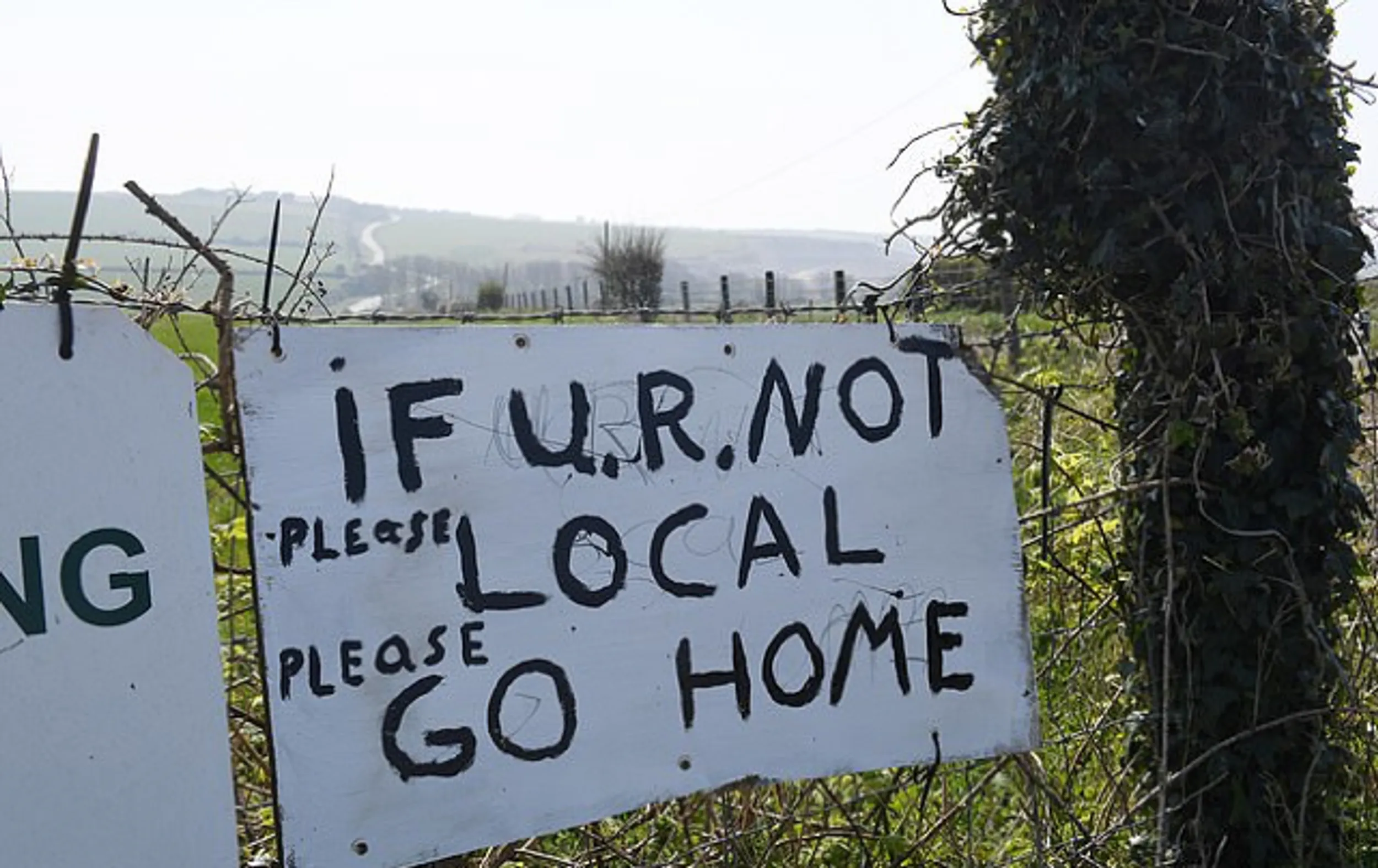
In addition to concerns about increased infection risks, residents also highlighted long-standing grievances regarding the impact of tourism:
- Congestion on the roads.
- Irresponsible parking.
- Overcrowding in towns and on beaches.
- Litter in towns and on beaches.
It is evident that local residents were understandably anxious about the heightened risks of infection, which further brought into focus their ongoing concerns and complaints regarding the impact of tourism.
The sheer influx of visitors to Cornwall made it challenging to enforce social control. Mass tourism tends to impose its behaviour patterns on resident populations, leaving them feeling powerless. Consequently, conflicts arise between those who benefit from tourism and those who bear the consequences. As a result, Cornwall's community finds itself divided.
Another tourist destination, the Scottish island Islay, exhibited none of the anxious atmosphere or concerns expressed by Cornwall's residents.
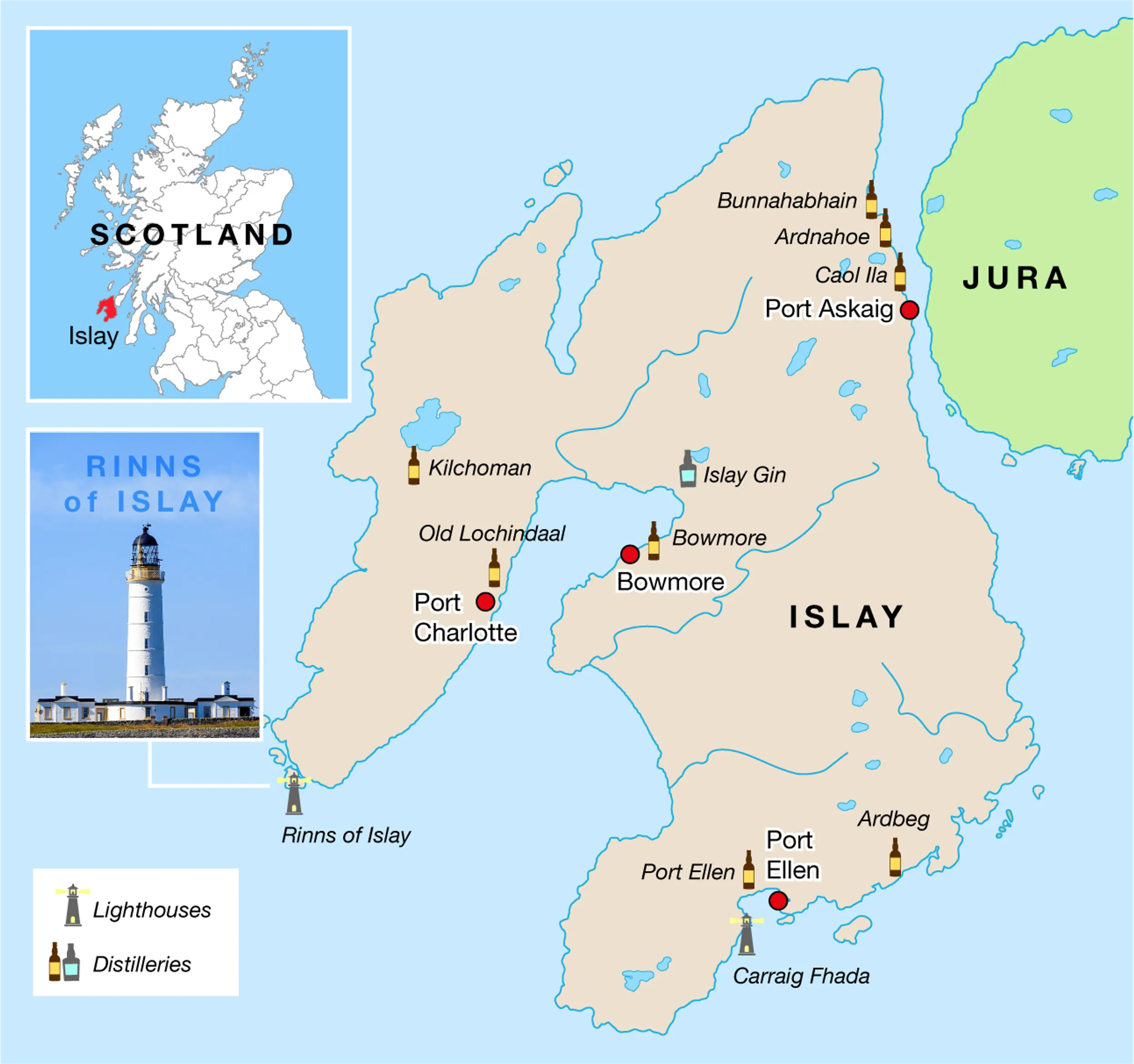
Despite the absence of the virus on the island, there was a much more relaxed attitude towards the lifting of lockdown restrictions. Several factors help explain this:
- The number of tourists visiting Islay, even in a normal year, is significantly lower compared to Cornwall (60,000 vs. 4 million).
- Islay is not a mass tourism destination, and given its separation from the mainland, it was unlikely to experience a sudden influx of visitors.
- Lockdown measures lasted much longer, and travel restrictions to the island were not lifted until mid-July. Even then, the flow of visitors to the island remained relatively small.
- The island's main event, the annual whiskey festival that attracts over 30,000 visitors at the end of May, had already been cancelled.
- There was no pressure to reopen tourist facilities. The island enjoys full employment through whiskey distilling and agriculture and while tourism contributes to the island's economy, it is not a key economic sector.
- Some businesses were content to rely on government financial support, such as the furlough scheme, instead of reopening. The season was essentially written off.
The population of Islay is only 3,200, creating a small, tightly knit community with a seemingly unified approach to the threat of COVID-19. Ultimately, health took precedence over profit for Islay.
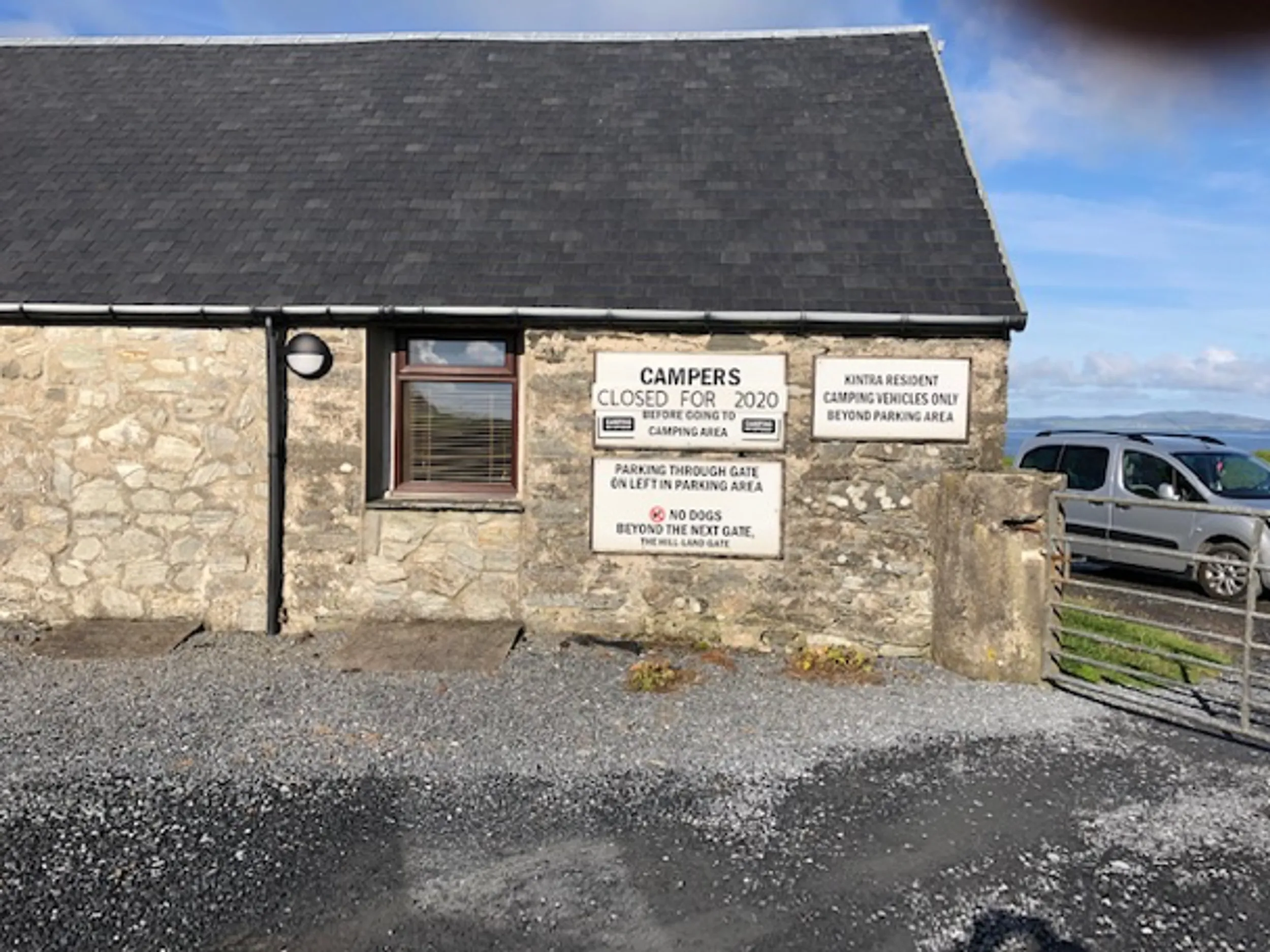
In the end, the anticipated spike in COVID-19 cases that concerned Cornwall residents did not materialise.
Perhaps that was because locals avoided contact with visitors as much as possible and followed government advice. The tourist industry in Cornwall managed to recover at least some of the lost revenue. However, whether all residents of Cornwall felt that the risks justified the situation remains an open question.
Regarding the threat posed by COVID-19, the lifting of lockdown and resumption of tourism in Islay was manageable, with a perception that the situation was under control. The same could not be said for the residents of Cornwall.
The tourist season has come to an end for another year, but what about 2021?
The coronavirus will still be present, and travel restrictions may continue to be in place. Therefore, "staycations" are likely to become part of the "new normal." It will be interesting to see how residents of other holiday destinations react if they come under similar pressure.
The author of this blog visited Islay in early September 2020, and the comments and perceptions shared are based on conversations with local residents.
You may find the following sources useful for further research:
- BBC Coronavirus: Cornwall locals 'too scared' to go shopping
- Cornwall Live 31 reasons Cornwall loves it when the tourists go home
- WhiskyCast Coronavirus forces cancellation of Islay's fèis ìle
Find exactly what you’re looking for.
- Popular Searches
- Biology
- Chemistry
- A Level Media Studies
- Geography
- Physics
- A Level Environmental Science
Newsletter
General
Work with us
Get in touch
- © 2026 Curriculum Press
- Terms & Conditions
- Privacy & Cookies
- Website MadeByShape









